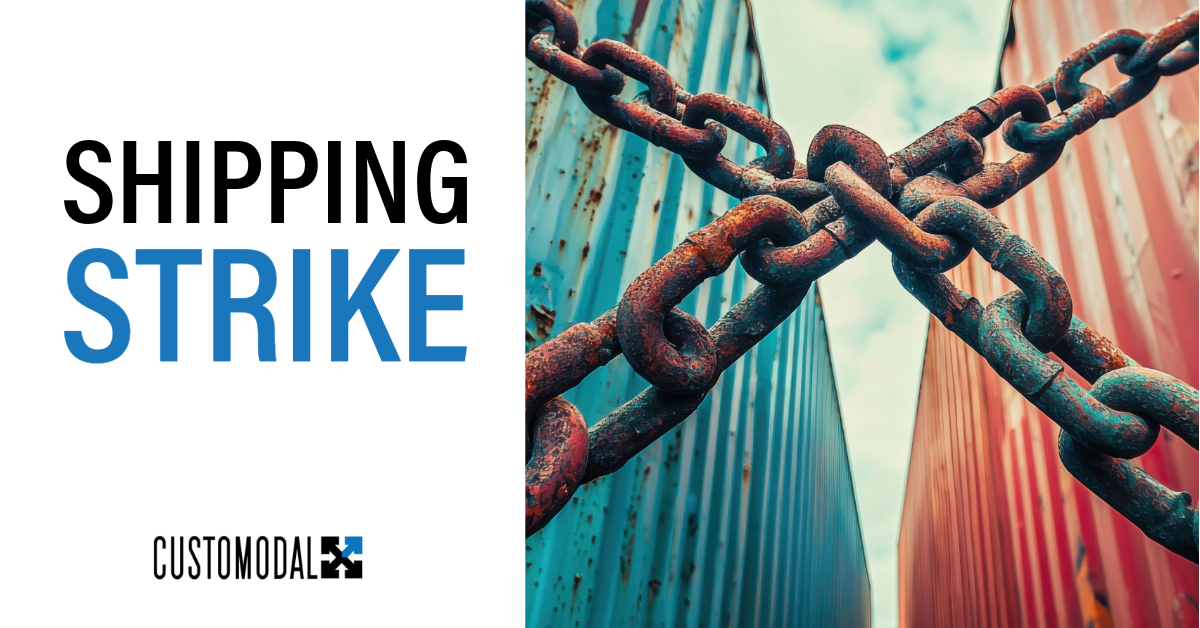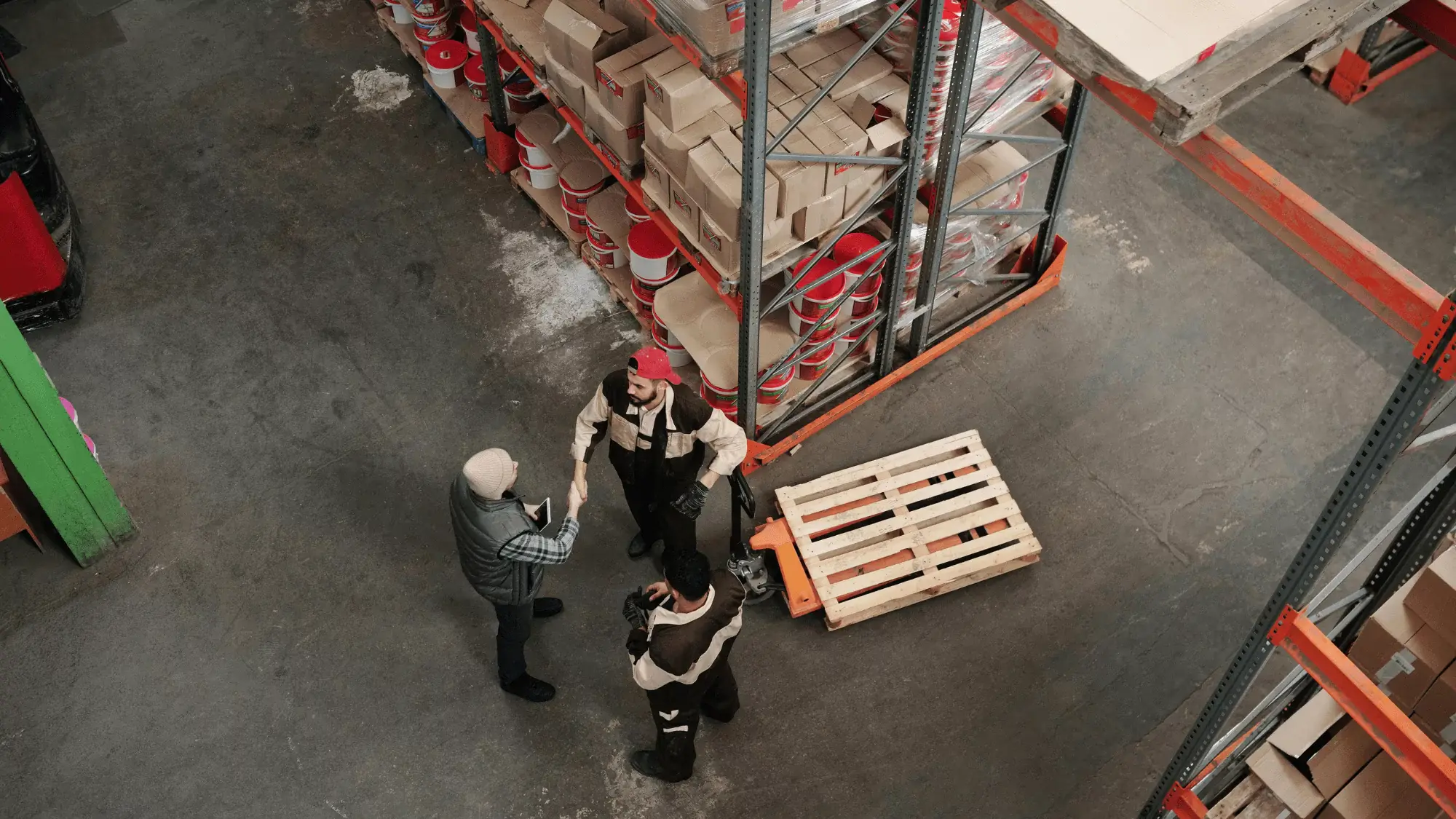
The Shipping Strike 2024 and What It Means
The U.S. is facing a possible large-scale strike at East and Gulf Coast ports as the International Longshoremen’s Association (ILA) and the U.S. Maritime Alliance (USMX) have yet to reach a new agreement, with the current contract set to expire on October 1. The negotiations stalled in June over disputes about port automation, particularly the use of automated gate systems, and both parties remain at odds.
A strike could significantly disrupt U.S. supply chains, particularly given ongoing issues with global shipping routes like the Red Sea and the Panama Canal. The Red Sea has been impacted by missile and drone attacks by Houthi rebels, and the Panama Canal has faced capacity restrictions due to drought. With East and Gulf Coast ports handling a large percentage of the country’s imports and exports, such as cars, agricultural products, and pharmaceuticals, any strike could lead to inventory shortages, higher prices, and severe shipping delays.
Ports are making contingency plans, such as extending gate hours, to help shippers clear cargo before the potential strike. Some, like the Port of Virginia, have already scheduled an orderly shutdown of operations by October 1, while others like the Port of Houston and the Georgia Ports Authority are advising shippers to move quickly to avoid disruptions.
Despite concerns and calls for intervention, President Biden has indicated he will not block the strike, which could impact over 25,000 workers. If the strike happens, it would be the largest since 1977, with widespread effects on industries reliant on these ports for both imports and exports. The ongoing stalemate has led to uncertainty, with little indication that a deal will be reached before the deadline.
➜ Customodal is your go-to guide in the freight industry! We’re the experts in efficiencies and savings and can help you navigate the complexities of your operations. Discover all the amazing benefits we offer – get started today!
When there's a shipping strike (or any other newsworthy incident), there are benefits to working with a 3PL like Customodal.
Here’s how we can help:
-
Expertise in Crisis Management: 3PLs have experience handling disruptions and can quickly implement contingency plans to navigate challenges, such as rerouting shipments or finding alternative transportation methods.
-
Access to Diverse Transportation Networks: A good 3PL has established relationships with multiple carriers and transport routes. They can leverage these connections to redirect shipments to unaffected ports or alternate routes, minimizing delays.
-
Flexibility and Scalability: 3PLs can scale operations up or down based on demand. During a crisis, they can rapidly adjust their resources, whether that means increasing warehouse space or expanding transportation capacity to accommodate shifting needs.
-
Inventory Management Support: 3PLs can help businesses manage their inventory levels effectively. They can provide insights on stock levels, optimize warehousing solutions, and implement strategies to balance supply and demand during disruptions.
-
Technology and Visibility: Many 3PLs use advanced logistics management software that provides real-time tracking and visibility into supply chains. This enables businesses to monitor their shipments, anticipate delays, and make informed decisions quickly.
-
Negotiation Power: 3PLs often have greater negotiating power with carriers and suppliers due to the volume of business they handle. This can lead to better rates and terms, especially in high-demand situations created by a disruption.
-
Streamlined Communication: A 3PL acts as a single point of contact for logistics, simplifying communication. They can keep clients informed about shipping statuses, alternative options, and any potential impacts on delivery timelines.
-
Cost Mitigation: While there may be increased costs during a disruption, a 3PL can help minimize these by optimizing routes, consolidating shipments, and using their network to find more cost-effective solutions.
Partnering with Customodal provides your business with agility, expertise, and resources that can significantly ease the challenges posed by logistical disruptions like a port strike, ensuring smoother operations and minimizing potential losses.



